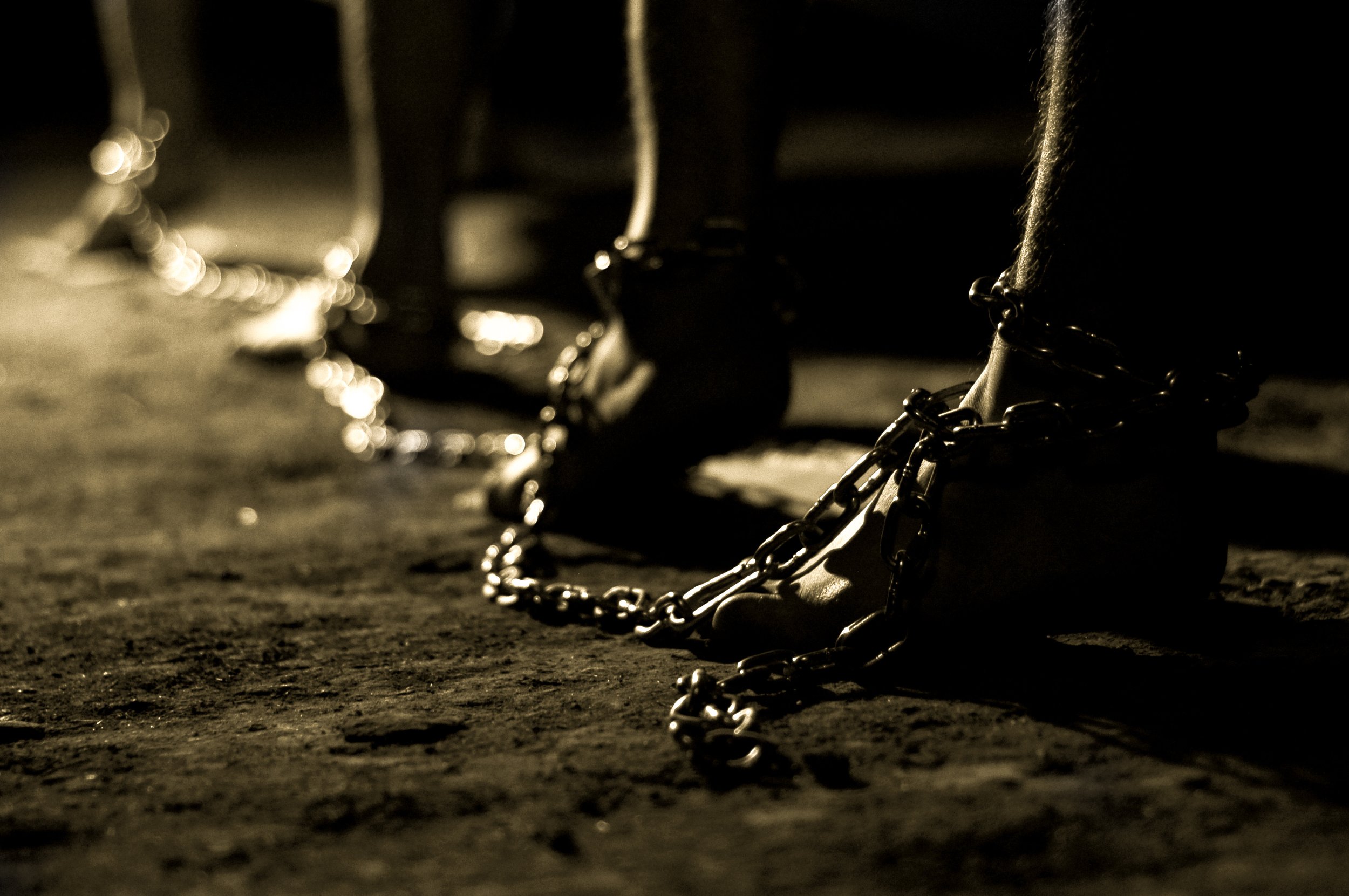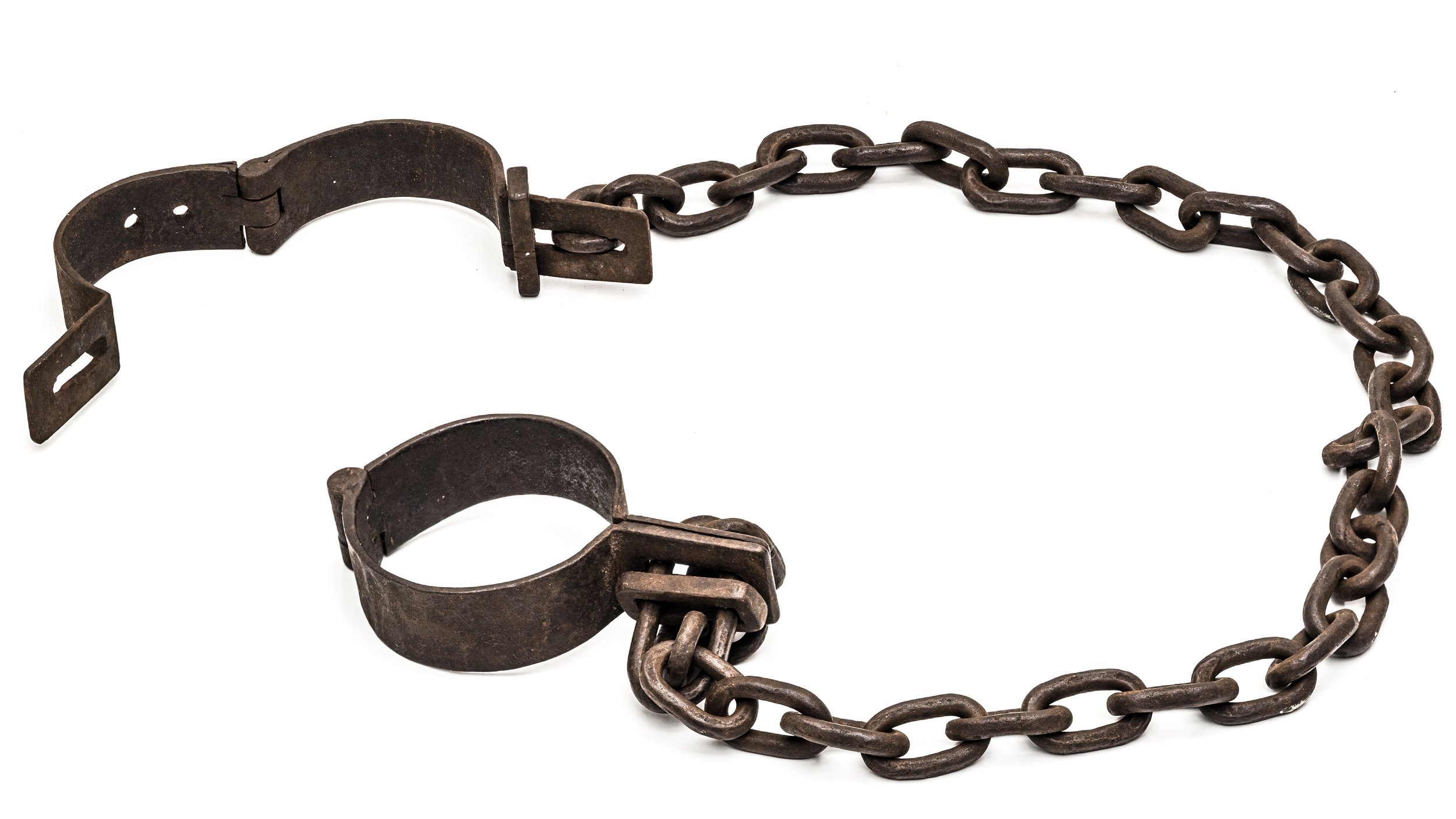Now it doesn't help the Negro for unfeeling and insensitive people to say to him that he's been in this country more than 348 years and was brought here in chains, involuntarily, and yet people who have been here, other ethnic groups who have been here for a hundred or a hundred and fifty years have gotten ahead of him…For the people who are that insensitive never stop to recognize the fact that no other ethnic group has been a slave on American soil.
—The Rev. Dr. Martin Luther King, Jr.
Use these videos, articles, and websites to learn more about the history of the African slave trade and the enslavement of Indigenous peoples.
SLAVERY | Indigenous Enslavement
AUDIO | Forgotten History: How the New England Colonists Embraced the Slave Trade
ARTICLE | Understanding Indigenous Enslavement
An interview with Ned Blackhawk, a professor of history at Yale University, and author of Violence Over the Land: Indians and Empires in the Early American West
An interview with Wendy Warren, associate professor of history at Princeton University and author of New England Bound
In the days of slavery…suppression was openly, scientifically and consistently applied. Sheer physical force kept the Negro captive at every point. He was prevented from learning to read and write, prevented by laws actually inscribed in the statute books. He was forbidden to associate with other Negroes living on the same plantation, except when weddings or funerals took place. Punishment for any form of resistance or complaint about his condition could range from mutilation to death.
Families were torn apart, friends separated, cooperation to improve their condition carefully thwarted. Fathers and mothers were sold from their children and children were bargained away from their parents. Young girls were, in many cases, sold to become the breeders of fresh generations of slaves. The slaveholders of America had devised with almost scientific precision their systems for keeping the Negro defenseless, emotionally and physically.
— The Rev. Dr. Martin Luther King, Jr.
SLAVERY | African Slave Trade
The SlaveVoyages website is a collaborative digital initiative that compiles and makes publicly accessible records of the largest slave trades in history. Search these records to learn about the broad origins and forced relocations of more than 12 million African people who were sent across the Atlantic in slave ships, and hundreds of thousands more who were trafficked within the Americas. Explore where they were taken, the numerous rebellions that occurred, the horrific loss of life during the voyages, the identities and nationalities of the perpetrators, and much more.
VIDEO | Slavery in North American colonies
VIDEO | Slavery and colonial economic growth
VIDEO | Slavery’s constitutional protections
VIDEO | Commodification of enslaved people
ARTICLE | How Christian Slaveholders Used the Bible to Justify Slavery
ARTICLE | Heavily Abridged Slave Bible Removed Passages That Might Encourage Uprisings
VIDEO | The resistance of enslaved peoples
VIDEO | Differing experiences of enslaved peoples
VIDEO | Slavery & the Civil War economy
VIDEO | The enslaved through enslaver’s records
Race as we know it in the US is closely integrated with our economic system. The system of racism functioned primarily as a justification for the barbaric act of chattel slavery and the genocide of Indigenous peoples. You cannot put chains around the necks of other human beings or slaughter them wholesale, while maintaining social rules that prohibit such treatment, without first designating those people as somewhat less than human.
— Ijeoma Oluo
VIDEO | Slavery, race, and whiteness
ARTICLE | Historical Foundations of Race
The term “race,” used infrequently before the 1500s, was used to identify groups of people with a kinship or group connection. The modern-day use of the term “race” is a human invention.
VIDEO | The Genetics of Race
In 1991, construction workers found the remains of more than 15,000 free and enslaved Africans at a burial site under Lower Manhattan. It took protests by activists, scholars, politicians and black New Yorkers to halt construction on the government building and contract an African American anthropologist to oversee the exhumation of the remains of 419 men, women and children. Washington Post Journalist Nicole Ellis explains how the quest to find where these people came from paved the way for commercial DNA ancestry tests.
ARTICLE | Race Doesn’t Equal DNA
If race is a social construct, what’s up with DNA ancestry testing? The concept of race is the elephant in the collective American living room. It affects how we think about virtually every aspect of our society and cul- ture—and yet we struggle to talk about or even define it.
VIDEO | The Origin of Race in America
VIDEO | The Whitney Plantation



